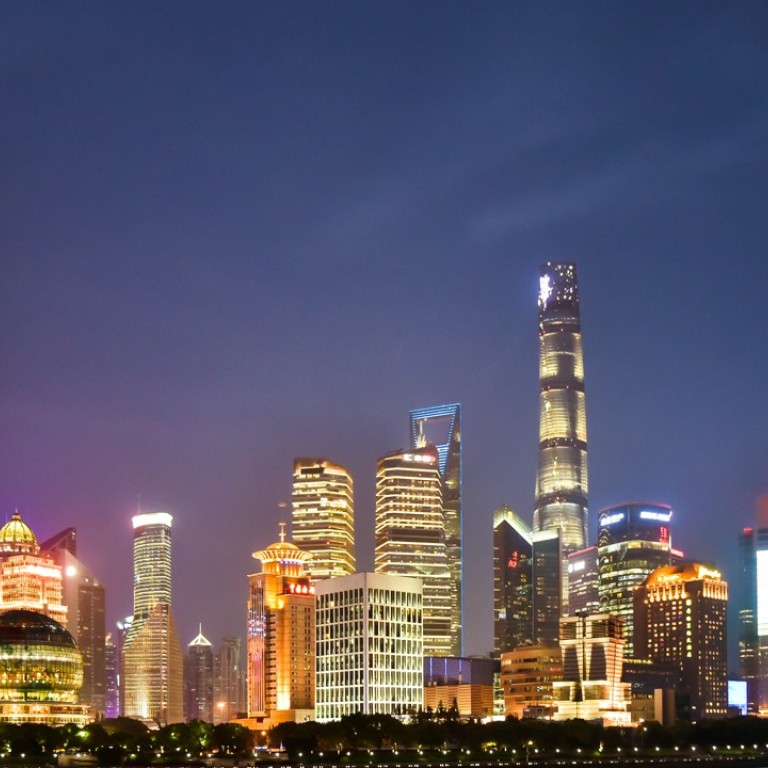
Asian investors become most active net buyers of commercial property, despite pullback from China
‘Singapore, Japan and Korea-based investors have seized the opportunity to expand offshore real estate portfolios as Chinese investors pull back,’ said Tom Moffat of CBRE
Asian investors have become the most active net buyers of commercial property, accounting for 20 per cent of assets disposed by global funds in the first half of this year, a time when outbound investment from China slowed.
Investors, notably from Hong Kong, Singapore, Japan and South Korea, bought one-fifth, or US$6.3 billion, of office, hotels and retail assets offloaded by global funds, which were the largest net sellers of commercial real estate – worth a total US$31.5 billion – between January to June, according to international property consultant JLL.
“As outbound investment from China slowed, investors from Hong Kong, Singapore and South Korea stepped in to provide liquidity, demonstrating the depth of the buyer pool from the region.” JLL said in a report.
This is a significant portion of the record US$81 billion in investment volumes in Asia-Pacific recorded during the same period, which was a 30 per cent year-on-year boost despite the mainland China slowdown in outbound investment, JLL said.
Meanwhile, tycoon Li Ka-shing’s sale of his tallest office building, The Center, for US$5.1 billion has lifted Hong Kong to the world’s third most active city, from 10th, as transaction volumes grew to US$14.6 billion in the first half of the year compared to US$5.8 billion during the same period in 2017.
The city also took the top spot as the region’s most active city, advancing from fourth place in 2017.
“Strong economic growth of the major Asian cities drove investors’ confidence in the real estate sector,” said Reeves Yan, executive director, capital markets and investment services, Colliers International Hong Kong.
This growth is supported by an increased number of deals made by Singaporean and South Korean investors.
“The slowing of Chinese investment has prompted the emergence of more diverse capital sources. Singapore, Japan and Korea-based investors have seized the opportunity to expand offshore real estate portfolios as Chinese investors pull back,” said Tom Moffat, head of capital markets for Asia at commercial real-estate brokerage CBRE.
Asian investors, who previously favoured commercial properties in the US, are now looking to investment opportunities in Europe due to pricing pressures in core markets and rising hedging costs, said Stuart Crow, head of Asia-Pacific capital markets at JLL.
“This has been particularly the case for South Korean investors, who are more likely to hedge than other investors. In fact, South Korean purchases in Europe were double those made in the US at the half-year mark in 2018,” Crow said.
Moffat of CBRE also sees a scaling back on US property purchases.
“Korean investors are quite active in Europe, but have scaled back direct investments in the US, instead focusing more on real estate debt investments in the world’s largest economy,” he said.
Meanwhile, he notes Singaporean capital is actively looking outbound in both the US and Europe.
Investors are also putting their money closer to home, including in Seoul and Shanghai, where a growing number of investors are increasing their allocation to the commercial real estate sector thanks to the steady income stream it provides.
Collier’s Yan names South Korea and Japan among popular destinations for investment, citing high yield as a key factor driving commercial real estate buyers there.
“Asia-Pacific’s property markets continue to perform well, despite global political and economic uncertainty,” Crow said.

